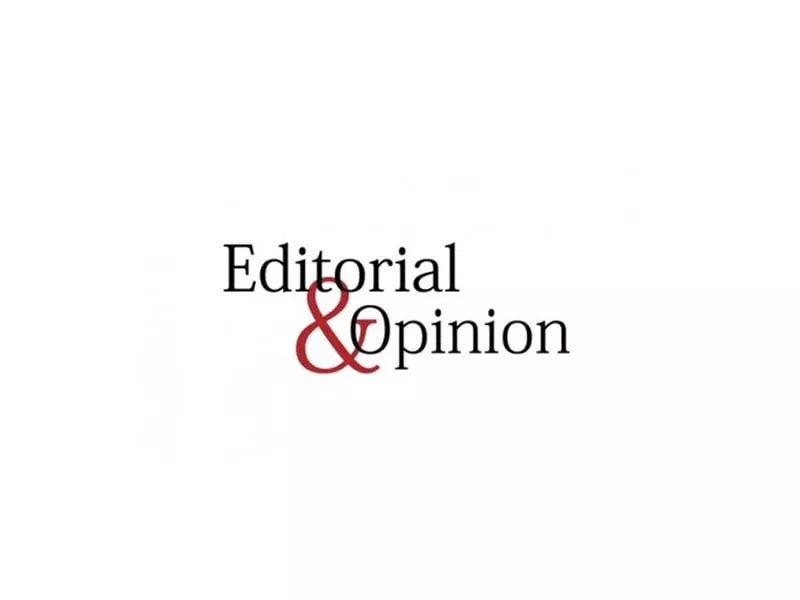Exposed health system
Change in Pakistan’s healthcare system requires an increase in government funding and also political drive
Fifteen years ago, if someone asked you if you’re ready for a disaster what would your first thoughts be? A war or terror attack? Or a nuclear power accident? Or maybe even a catastrophic earthquake. Hourly drills in primary school to prepare for an earthquake are familiar to many. Little did we know, or little did our handicapped country know that in 2020 it would face a global catastrophe that the military cannot do much about. Even though a few years ago it was predicted that infectious viruses will have a greater risk in the coming years, Pakistan is not to blame for not being prepared for a deathly pandemic that has infected almost 40,000 people in the country even before reaching its peak. What we blame Pakistan for, however, is that it is unequipped for even the basic healthcare needs of its citizens.This deficiency has been highlighted for decades and ironically Pakistan still spends less than 1% of its GDP on healthcare. Pandemic aside, does Pakistan have a well-equipped health system at all? Nineteen years ago, the Pak-Afghan border region was hit by a contagious virus very similar to the feared Ebola virus. A hospital had been set up as a special isolation ward and the federal government was appealed to for extra resources to handle the setbacks. Even though the scale of the virus was very small compared to Covid-19, it should have nudged the health ministry to look towards the future.
The way forward here is to fix and fund the basics first. Pakistan needs to develop a resilient health system, decrease the rate of maternal and infant mortality, educate the masses on healthcare and infection prevention, and develop a robust public health system with a respectable infrastructure and easy access to healthcare and treatment.
We don’t need to predict the consequences of not doing so, many of us are unfortunate enough to experience them, and even more extensively now during a global pandemic. All that we did not invest in improving healthcare has hit us back and the country’s wealth is going down the drain in trillions along with the many deaths. Improving primary healthcare in Pakistan would do more than just prepare us to face a pandemic — it would improve our lifestyles and increase our safety.
Pakistan does deserve some credit. It has done great work in some general areas of healthcare, for instance, the Lady Health Worker programme. Moreover, the approach employed by the Sindh government to tackle Covid-19 has been praiseworthy as it promulgated the Coronavirus Emergency Relief Ordinance to provide relief to the citizens.
Change in Pakistan’s healthcare system requires an increase in government funding and also political drive. Basic provincial healthcare commissions need to be addressed and the quality of healthcare facilities must be reviewed with the provision of support to meet the basic quality standards. National and provincial health policies must be addressed, developed and most importantly, implemented efficiently to mend the lacking health system and in turn contribute to human development.
An informed community with a better developed health delivery system will work symbiotically and prove to be transformational for this developing nation. It should be a priority for Pakistan to undertake further initiatives to improve the healthcare system, which is currently under the spotlight because of Covid-19. Although a challenge, there is a desperate need to strengthen the country’s primary health system first with a human development approach.
Published in The Express Tribune, May 18th, 2020.
Like Opinion & Editorial on Facebook, follow @ETOpEd on Twitter to receive all updates on all our daily pieces.


COMMENTS
Comments are moderated and generally will be posted if they are on-topic and not abusive.
For more information, please see our Comments FAQ